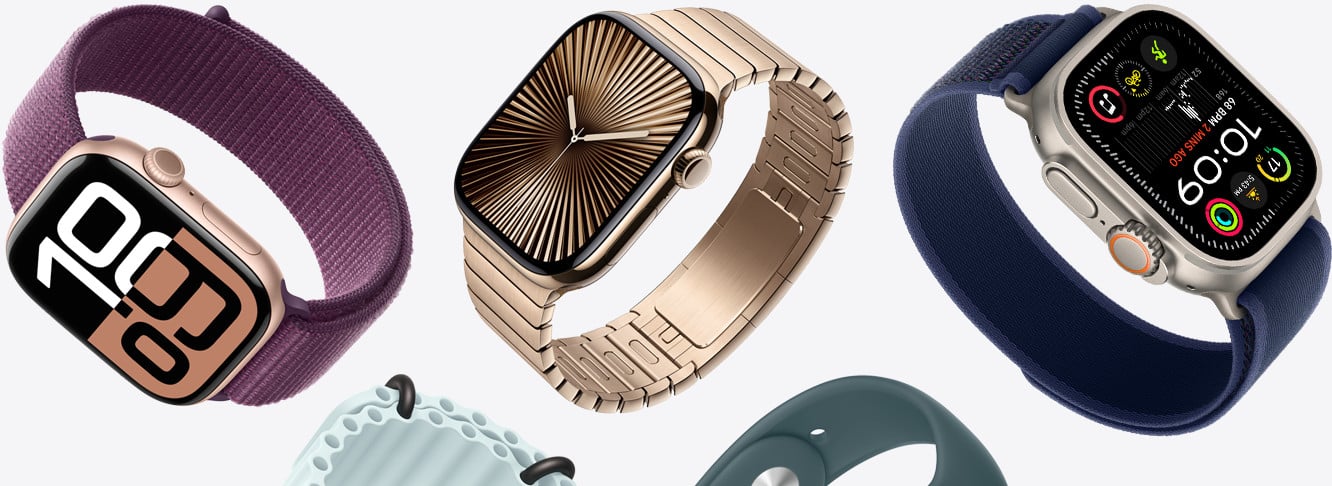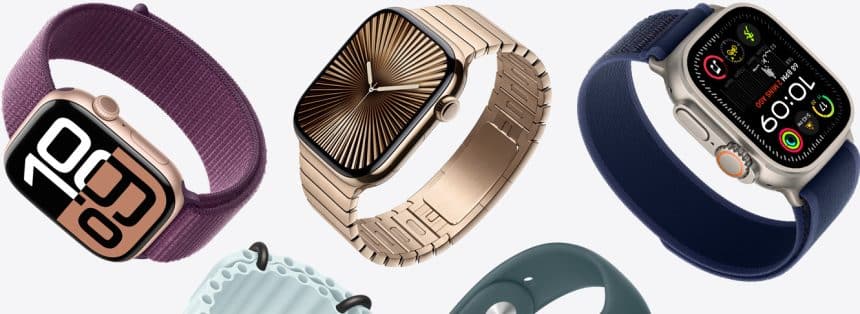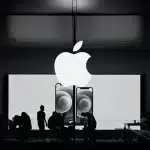A class-action lawsuit accuses Apple of using harmful levels of per- and polyfluoroalkyl substances (PFAS) in some of its Apple Watch bands. Filed in the Northern District of California, the suit claims Apple misled consumers about these “forever chemicals,” which are linked to health risks like cancer and immune suppression.
The case highlights three bands: the Sport Band, Nike Sport Band, and Ocean Band. PFAS chemicals, often used to make products water- and heat-resistant, degrade extremely slowly, raising environmental and health concerns.

Apple Stands By Product Safety
Apple insists its watch bands are safe and undergo rigorous testing. The company uses independent laboratories to validate the safety of its materials. Apple also reaffirmed its commitment to phasing out PFAS.
“Our Apple Watch bands remain safe for users. We conduct extensive testing and collaborate with external experts to ensure material safety,” said an Apple spokesperson.
PFAS and Consumer Concerns
PFAS chemicals are widely used in products such as nonstick cookware, food packaging, and personal care items. These substances, known for their durability, take decades to break down, earning the nickname “forever chemicals.”
A University of Notre Dame study recently tested 22 smartwatch and fitness tracker bands, discovering elevated PFAS levels in 15 of them. Though the study did not specifically name Apple, it flagged premium-priced bands, raising questions about potential risks for consumers.
Apple’s Plan to Remove PFAS
Apple has actively worked to eliminate PFAS from its products. The company banned two major PFAS compounds, PFOA and PFOS, in 2010 and 2013. In 2022, Apple shared plans to phase out all PFAS, prioritizing safer and effective alternatives.
The company emphasized the need for careful substitutions, ensuring new materials do not cause similar or worse harm. Apple’s proactive steps demonstrate its commitment to sustainability and product safety.
As the lawsuit unfolds, Apple aims to maintain consumer trust while addressing these concerns. Its response could set a benchmark for other tech companies handling similar challenges.












